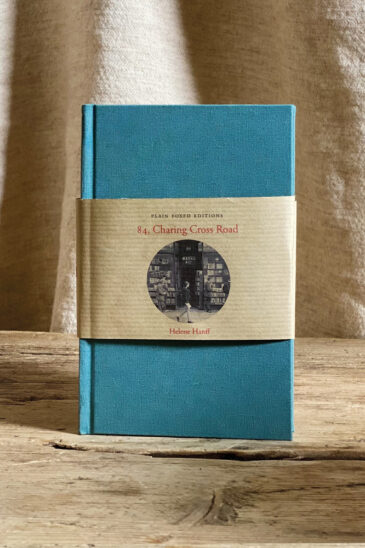In the freezing winter of 1996 Joanna Rakoff, aged 24, moved to New York and landed her first job as assistant at one of the city’s oldest and most distinguished literary agencies.
No matter that she didn’t even know what a literary agent was and had lied about her typing speed. She’d also led her parents to believe she was living with a female college friend when she was in fact sharing an unheated Brooklyn apartment with a penniless and unpublished Marxist novelist whose sole and very part-time job was watering the plants at Goldman Sachs. And so the scene is set for this delicious account of the year our green-as-grass heroine spends at The Agency, and of her unusual relationship with its best-known author.
Though we are in the mid-1990s and technological advance is all around, The Agency is stuck firmly in the past, as are Joanna’s alarming boss, who arrives at work in a ‘whiskey mink, her eyes covered with enormous sunglasses’, sporting a long cigarette holder which is very much in use, and Hugh, her kindly sidekick, who sits behind a pile of opened and unopened envelopes ‘high enough to obscure his chest and neck’. There are no computers in this world of filing cabinets and carbon paper, where Joanna must work on a Selectric typewriter which makes a noise like gunfire, and where one of her main tasks is to reply to the mountain of fan mail which regularly arrives for the elusive novelist J. D. Salinger.
How Joanna approaches this task, and what she learns from it about Salinger, his fans and ultimately about herself, is the story of this funny and affectionate book – one which will strike a particularly sympathetic chord with anyone who can still remember what a Selectric typewriter was.
My Salinger Year Extract | Part I: Winter
We all have to start somewhere. For me, that somewhere was a dark room, lined from floor to ceiling with books, rows and rows of books sorted by author, books from every conceivable era of the...
Read moreA Season at the Agency
There is something about a memoir describing a young person starting their first job that makes an older reader’s heart beat faster with sympathetic recall. Especially when it’s funny and...
Read moreSF Edition No. 66, My Salinger Year | Now available to pre-order
Greetings from Hoxton Square, where we’re eagerly awaiting the arrival of Paul from Smith Settle with a van load of newly-minted copies of our 66th limited-edition clothbound hardback, Joanna...
Read more











“Charming. . . . Glamorous. . . . Rakoff does a marvelous job of capturing a cultural moment—the publishing industry on the cusp of the Internet era—and describing the ambition and anxiety of a young, bright, creative person living beyond her means in an expensive and relentlessly competitive city. . . . What is most admirable is [her] critical intelligence and generosity of spirit.”
“My Salinger Year is at heart—and it has lots of heart—an affecting coming-of-age memoir about a naïve, eager literary aspirant. . . . Rakoff wisely—and deftly—weaves her Salinger story into a broader, more universal tale about finding one’s bearings during a pivotal transitional year into real adulthood.”
A meditation on how reading shapes our lives, and our lives shape our reading . . . My Salinger Year shows us that the relationship a reader forms with a text and its author can be as all-consuming as the most passionate of real-life encounters . . . captivating.
Like a literary The Devil Wears Prada, this is the story of Joanna Rakoff’s first job in publishing in the ’80s, for the New York agency that represents J.D. Salinger. It’s a peek into old-fashioned publishing: wood-panelled offices, long liquid lunches and a pure love of books. But it’s the added element of a burgeoning yuppie romance (think St. Elmo’s Fire) that makes it an irresistible read.